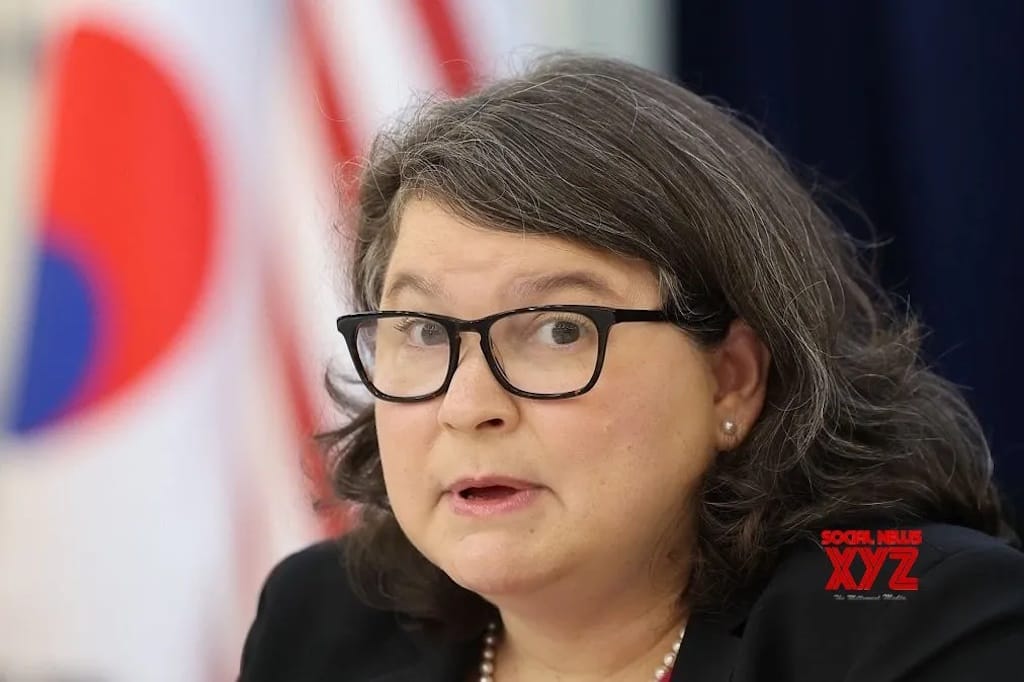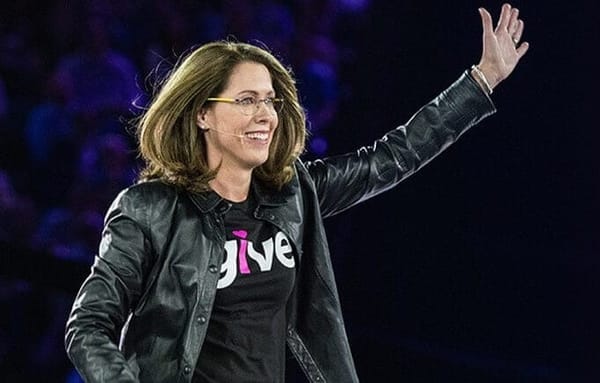Surveying the Affordable Connectivity Fund, New Tribal Funding, Another Chinese Company Banned
The combination of federal benefits is currently prohibited in the state of California.

December 16, 2022 — More than 90 percent of 60,000 participants reported that they prefer having the ability to combine the Federal Communications Commission’s Lifeline and Affordable Connectivity programs to get more robust results in the National Lifeline Association’s 2022 consumer survey on Wednesday.
The respondents who participated were low-income households who use or qualify for the Lifeline program of the Universal Service Fund – a long-existing subsidy – or the more recent ACProgram.
Other key insights: 43 percent of participants said mobile wireless services best meet their connectivity needs, 90 percent of consumers throttle their data usage over the course of the month due to the unaffordability of capped plans, 95 percent of Lifeline and ACP subscribers say they cannot afford any additional payments for wireless services, and more than 50 percent of Lifeline or ACP subscribers surveyed do not have a debit or credit card or a bank account, according to the report.
“NaLA’s survey shows that the majority of Lifeline and ACP recipients live below the Federal Poverty Guidelines,” said group Chairman David Dorwart.
“This means that our programs are working to bring connectivity to those who need help the most. It is crucial that lawmakers continue to support these programs to ensure that all Americans have affordable access to essential communications.” he said.
New funding for Tribal nations in five states
Tribal nations in Arizona, California, New Mexico, Oklahoma, Oregon, and Maine will receive up to $40.3 million as part of the Tribal Broadband Connectivity Program, according to the National Telecommunications and Information Administration on Thursday.
“The Biden-Harris Administration is committed to connecting all Tribal communities to affordable and reliable high-speed Internet service,” said Commerce Secretary Gina Raimondo The investments we announced today are a crucial step in closing the digital divide in Indian country”.
The Tribal Broadband Connectivity Program is a $3 billion grant program, with $2 billion in funding from the Infrastructure Investment and Jobs Act and $980 million from the Consolidated Appropriations Act. It is designed to expand broadband access and deploy digital skills training across tribal nations.
Biden blacklists Chinese chipmaker
Chinese semiconductor company Yangtze Memory Technologies is the new addition to the Biden Administration’s trade blacklist, the entity list, according to Reuters on Thursday.
YMTC’s suppliers would be banned from shipping supplies from the United States, and the company’s access to technology manufactured with U.S.- based equipment would be restricted under the new order.
“U.S. national security interests require that we act decisively to deny access to advanced technologies,” said Assistant Secretary of Commerce for Export Administration Thea Kendler.
Reuters reported that the Chinese Embassy in Washington accused the U.S. government of “blatant economic coercion and bullying in the field of technology” and undermining normal business activities between Chinese and American companies.”
“China will resolutely safeguard the lawful rights and interests of Chinese companies and institutions,” the embassy continued, in the statement reported by Reuters.







